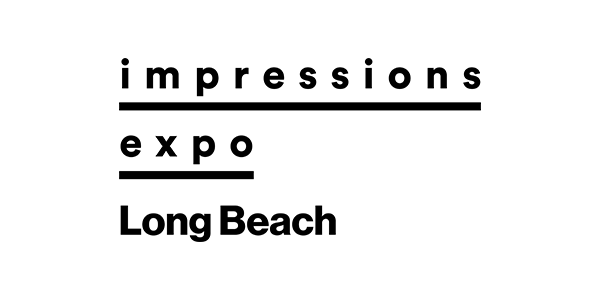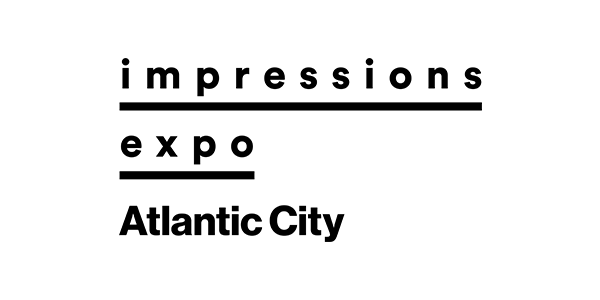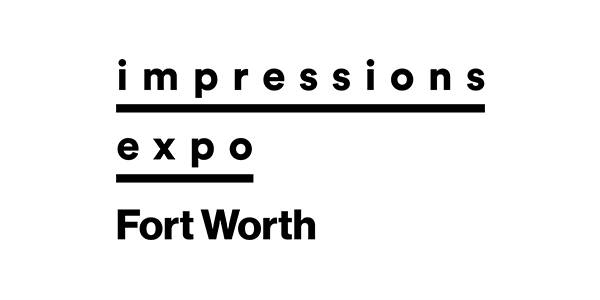The T-shirt and decorated apparel industry’s recent growth makes one thing astoundingly clear: These garments definitely are considered essential. Not only are they a necessary part of everyone’s wardrobe, but they’ve also recently been elevated to superhero status.
A May 2020 New York Times article titled “Can T-Shirt Sales Save America’s Restaurants?” revealed that many businesses — especially those in the hard-hit food-and-beverage industry — pinned their hopes on merch sales to recover much-needed revenues. Although most only considered it a “financial Band-Aid,” restaurants realized there is substantial money to be made with the right merchandise.
However, it wasn’t just restaurant owners who saw potential in merchandise sales. In fact, the demand for custom T-shirts became even stronger during the pandemic. Therefore, aspiring decorators started printing shirts more frequently than ever before. In fact, in the summer of 2020, it was practically impossible to find a heat-press manufacturer that wasn’t back-ordered.
T-shirt distributors also typically ran low on stock. While the world worked and studied from home; ordered in; and wore face coverings, many of those same people decided to start printing shirts.
Pivot to Decorating Profits
A low cost of entry and high profit margins are just two reasons people turn to T-shirts when they want to earn extra cash. But another characteristic of businesses surviving in the pandemic is flexibility. Promo companies that switched to T-shirt and facemask printing last year still are in desirable positions.
Take Ocala, Florida-based Notice Me Marketing and Media. Owner Darrin DeTorres wasn’t always in the T-shirt-printing business. “Actually, I didn’t get into the custom shirt business on purpose,” he says. “I just didn’t want to wait seven weeks or more for the custom shirts needed for the 5K runs I organize.”
A true entrepreneur at heart, DeTorres’s day job was in the cell-phone repair industry; he organized runs on the side.
“Once I realized I could make more money off one printed shirt job than I could in an entire month fixing cell phones,” DeTorres says, “it was a done deal.”
It Starts with a Heat Press
DeTorres got started decorating T-shirts by watching videos on YouTube; heat printing emerged as the most logical startup choice. “I started out small, with a cheap heat press and basic Espon printer,” he recalls.
He also quickly understood the value of cutting his own designs with heat-transfer vinyl (HTV). He quickly realized owning a heat press enables him to print just about anything. Pre-pandemic, DeTorres says about 70% of his business consisted of custom apparel printing. He offered a variety of print types, including HTV, screen printing and sublimation.
Then, COVID-19 changed the focus of DeTorres’s business to face masks. Due to a supplier connection, he stepped up to sell hundreds of thousands of disposable masks with low margins when the local medical community needed them. He also offered the more profitable, custom-printed, reusable polyester masks — more than 5,000 in the first few months.
DeTorres says things have since slowed, but he still sells about 500 or more face masks per month. He uses sublimation transfers on white masks, and CAD-CUT HTV for one- or two-color logos on dark ones.
Plans to Expand
DeTorres says the surge in mask orders allowed the company to invest in an embroidery machine, 55-inch cutter and cap press. He also plans to add two laser copiers.
Notice Me Marketing is just one example of a business that thrived and grew during the pandemic. In addition, DeTorres says he helped organizations with which he worked raise more than $350,000 for their causes. In January 2021, he started organizing an online business directory for Ocala. Described as a “digital Chamber of Commerce,” it’s a network of startups.
“I send every new business owner in Ocala a postcard, asking them to join the network,” he says. “It’s also a great opportunity to let them know I print custom T-shirts, hats and more.”
Here are five reasons that you should think about starting a heat-printing T-shirt business:
1. Heat transfers make it possible
You don’t have to worry about expensive screen-printing equipment or messy ink-based printing. Thanks to heat transfers, you quickly can apply names and numbers on team uniforms and print any logo on demand — at a profit — with a heat press.
2. You don’t need much space
To get started with heat printing, you only need about 3 feet of counter space or a sturdy table. There’s no need to worry about environmental laws for disposing ink. Additionally, you don’t need a big screen-printing press or drying equipment. Anyone can set up a heat press in a spare room or garage.
3. Low cost of entry
Heat-transfer technology is the least-expensive way to get started in all types of garment decoration. A good heat press can be purchased for less than $1,000. You can find complete packages with everything you need to get started. For cash-strapped newcomers, the thought of buying a relatively expensive automatic screen-printing press or a high-end embroidery machine simply isn’t practical.
4. There’s a small learning curve
You can learn to operate a heat press in a matter of minutes. Basic knowledge includes how to preheat the garment before application and whether to peel the graphic hot or cold. You also need to learn which shirts work best with specific heat transfers, but that’s about as complex as it gets.
5. There’s no artwork necessary
If you use pre-cut heat-press letters and numbers to add names and numbers to shirts, you don’t need artwork. There also are companies that create custom heat transfers for you — without artwork — using template systems. Choose from thousands of templates and customize online. You select the colors and specify the shirt type. In just a few days, ready-to-apply heat transfers arrive at your door.
Thinking about turning a great idea into a statement shirt? Know people who need custom shirts? Need the extra cash? There has never been a better time to start a T-shirt business. Heat-transfer technology is so advanced and simple that you can print any item at a profit. Thanks to the power of heat printing, anyone can start printing shirts out of a spare room, garage or basement with a minimal investment.
Josh Ellsworth is the senior vice president of dealer and enterprise sales for GroupeSTAHL. He is best known for educational content, which includes training on sales, marketing and printing apparel. For more information or to comment on this article, email Josh at [email protected].
Article updated Oct. 26, 2023





